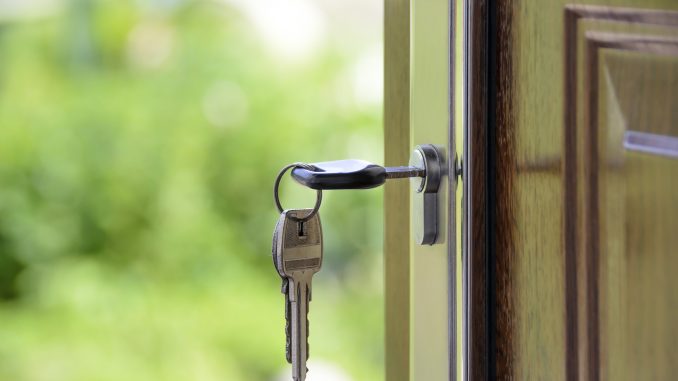
There’s been a sharp rise in the number of people in the UK choosing to rent properties rather than buying them in the last few years. This can be put down to a number of factors. It’s believed the increase in house prices, along with the lack of new homes being built in the UK and banks being reluctant to lend to first time buyers are the main drivers for the growing popularity of renting. Both renters and homeowners in London have been hardest hit by the increase in repossessions, and the capital has now overtaken the north-east of England for the highest number of properties being taken back by landlords or mortgage providers.
Although there are benefits to renting, the Ministry of Justice has warned that the higher demand is leading to properties being more expensive, which in turn means a greater number of rental properties being repossessed. According to the latest figures, the number of rental properties being repossessed has been steadily increasing and is set to rise by a further 10% this year alone. The ministry has also warned that the number of warrants issued in the last three months of 2017 hit over 15,500 despite predictions that the numbers would stabilise.
Mark Pilling, managing director of Spicerhaart Corporate Sales, said: “The figures reveal that there has been a significant change in the repossessions landscape with London having the highest number of landlord repossessions in the country and the third highest residential repossessions. This marks a real shift in the past six months as traditionally, the highest number of repossessions have been in the North, Wales and the Midlands.”
“We have also seen a growing trend of increasing repossessions in London, and it is not just lower cost houses, we have also seen an increase in repossessions of properties worth multi-millions. I think this is becoming more prevalent as interest-only deals from the Nineties come to an end and landlords in London struggle to sell their properties at the prices they need to in order to clear their debt.”
The number of time taken for the average rental property to be repossessed is now just 41 weeks across the UK. This is compared to almost 122 weeks for owner occupied properties. Since the peak of the financial crisis, mortgage lenders have been encouraged to give borrowers more time to repay their arrears before resorting to legal action. The same changes haven’t been made in the rental sector, and experts fear that this leaves renters without adequate protection from losing their homes.


Leave a Reply